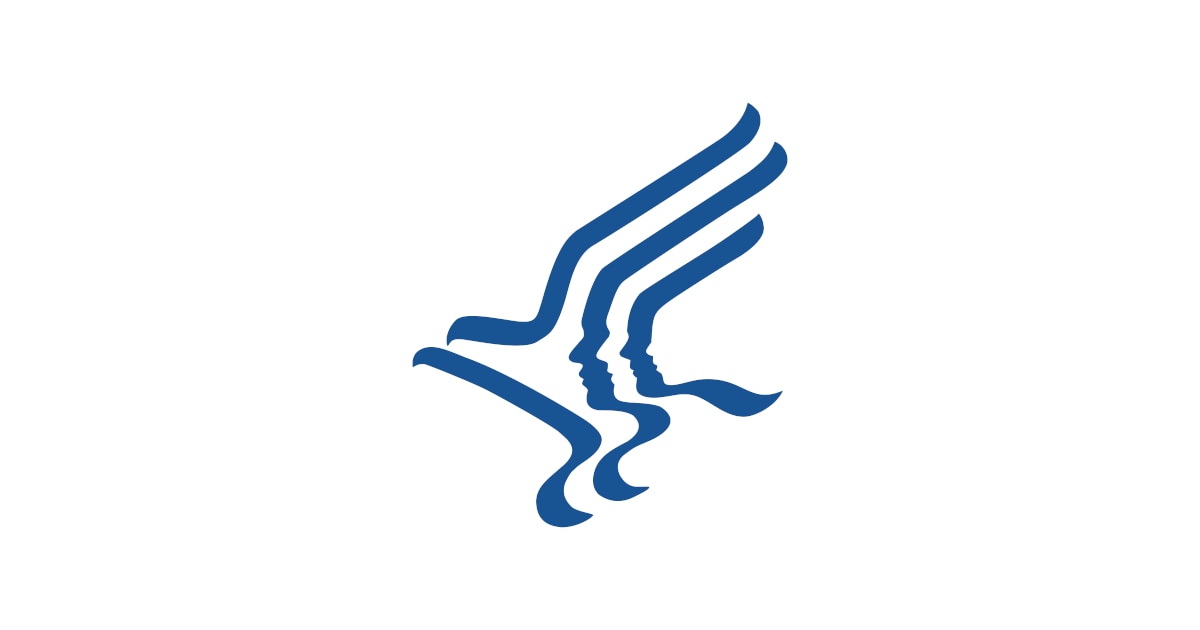
The HIPAA Privacy Rule is a crucial regulation that establishes national standards to protect individuals’ medical records and other identifiable health information. It applies to health plans, health care clearinghouses, and certain health care providers that conduct electronic transactions. The primary objective of this rule is to safeguard the privacy of protected health information (PHI) and set limitations on its uses and disclosures without an individual’s authorization.
The Privacy Rule, located at 45 CFR Part 160 and Subparts A and E of Part 164, requires covered entities to implement appropriate safeguards to protect PHI. These safeguards ensure that health information remains confidential and is only accessible to authorized individuals. Additionally, the Rule grants individuals several rights over their own health information, empowering them to exercise control and make informed decisions.
Protecting Privacy and Empowering Patients
The HIPAA Privacy Rule provides individuals with a range of rights to protect their health information. Here are some key provisions:
Accessing and Obtaining Health Records
Individuals have the right to examine and obtain a copy of their health records. This access allows them to be actively involved in their health care and make informed decisions.
Directing an Electronic Copy of Health Information
The Privacy Rule allows individuals to direct a covered entity to transmit an electronic copy of their health information to a third party, such as a different health care provider. This provision promotes seamless and coordinated care.
Requesting Corrections
If individuals believe that their health records contain errors or incomplete information, they have the right to request corrections. This ensures the accuracy and integrity of their health information.
Privacy Rule History
The Privacy Rule has undergone several modifications over the years to adapt to the evolving healthcare landscape and empower patients. Here are some notable historical events related to the rule:
- March 10, 2021: Extension of Comment Period for Modifications to the HIPAA Privacy Rule to Support Coordinated Care and Individual Engagement – Proposed Rule.
- January 21, 2021: Modifications to the HIPAA Privacy Rule to Empower Patients and Improve Coordinated Care – Proposed Rule.
- December 14, 2018: Modifying the HIPAA Rules to Improve Coordinated Care – Request for Information.
- January 6, 2016: HIPAA Privacy Rule and the National Instant Criminal Background Check System (NICS) – Final Rule.
- February 6, 2014: Patients’ Access to Test Reports Under the HIPAA Privacy Rule and the Clinical Laboratory Improvement Amendments of 1988 (CLIA) Program – Final Rule.
These modifications have aimed to address various concerns, enhance patient engagement, and streamline healthcare processes.
FAQs
Q: Who does the HIPAA Privacy Rule apply to?
A: The Privacy Rule applies to health plans, health care clearinghouses, and health care providers that conduct certain transactions electronically.
Q: What are the key rights granted to individuals under the Privacy Rule?
A: Individuals have the right to access and obtain a copy of their health records, direct the electronic transmission of their health information to a third party, and request corrections to their health records.
Q: Why is the Privacy Rule important?
A: The Privacy Rule plays a vital role in protecting individuals’ health information and ensures that it is only accessed and disclosed as authorized. It empowers individuals to make informed decisions about their health care.
Conclusion
The HIPAA Privacy Rule is a critical regulation that sets national standards for protecting individuals’ medical records and other health information. By establishing safeguards and granting individuals rights over their health information, the Privacy Rule contributes to the privacy and security of sensitive data in the healthcare industry. It continues to evolve to support coordinated care, patient engagement, and regulatory compliance.
Instant Global News is dedicated to providing you with the latest insights and updates on important regulations like the HIPAA Privacy Rule. Stay informed and empowered to make decisions about your health confidently.
